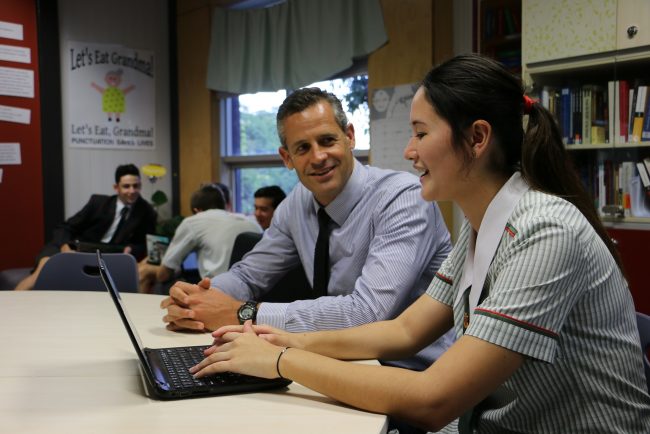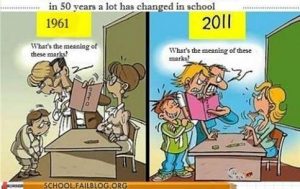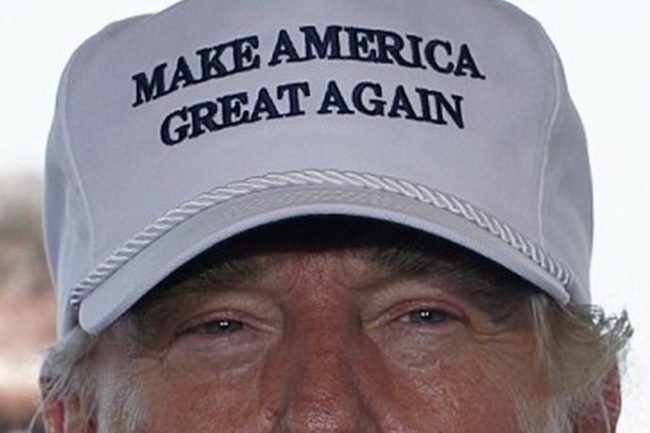Is our education system really failing our kids?
“Australia falls further behind on the international rankings” are the headlines once again. With the release of the 2016 TIMSS scores you could be mistaken for believing that our schools and teachers are mediocre at best. Myth or reality—is our education system doing our kids a disservice?
If you take the time to actually critique the results you will find that Australian students aren’t getting worse. They typically are unchanged:
- Maths
- Year 4
- 2011 score: 516
- 2015 score: 517
- Year 8
- 2011 score: 505
- 2015 score: 505
- Year 4
- Science
- Year 4
- 2011 score: 516
- 2015 score: 524
- Year 8
- 2011 score: 519
- 2015 score: 512
- Year 4
The difference is that other countries, and Kazakhstan, the new kid on the block, have improved remarkably. How is that so? What are they doing differently to what is happening in the classrooms here in Australia?
If you were to visit classrooms in Singapore, Shanghai (and I have) you would see rows of desks occupied by 40-60 students, all compliantly gazing at the blackboard, hanging on every word of the teacher. Rote learning is the order of the day.
I am willing to bet you would see the same in Kazakhstan. The difference between us and these countries is not the skill of the teacher, the resources of the school, or the content of their curriculum, but in the respective cultures. There is a difference by a country mile in work ethic and expectations.
The real question we should be asking is, “what is an education worth having?” Is it one where we adopt a ‘me too’ philosophy and simply judge ourselves by the results of some standardised testing, or should we think more broadly? Should we think more creatively?
The preamble of the 2008 Melbourne Declaration for Education (our nation’s educational philosophy) says,
“As a nation Australia values the central role of education in building a democratic, equitable and just society—a society that is prosperous, cohesive and cultural diverse, and value Australia’s indigenous cultures as a key part of the nation’s history, present and future.”
Who can argue against that? Why wouldn’t we want that for our children and our society? This philosophy has already been agreed, but we seem to be set on being in the top 5 as measured by mathematics and science, because, as someone tells us, these are the skills our children need for the future.
Is this the truth? There is no question that to be able to become an independent functioning member of society a person needs to be able to read, write and add up. But the recent New Work Order report published by the Foundation for Young Australians says that demand for digital skills are up 212%, critical thinking 158% and creativity 65%.
I would boldly suggest that a continued push to improve our standings on the global stage in mathematics and science will be to the detriment of the more relevant skills such as critical thinking, creativity, innovation and entrepreneurialism. Our nation will not remain “prosperous, cohesive and culturally diverse” if we narrow our education system and teaching in the classroom in an endeavour to win a race that actually isn’t worth entering.
There is no doubt we should be transforming our education system, but not in the way commentators are suggesting. We should be transforming it to focus on nurturing and developing the skills the next generation need in order for them to create their own employment futures.
That, is an education worth having.



